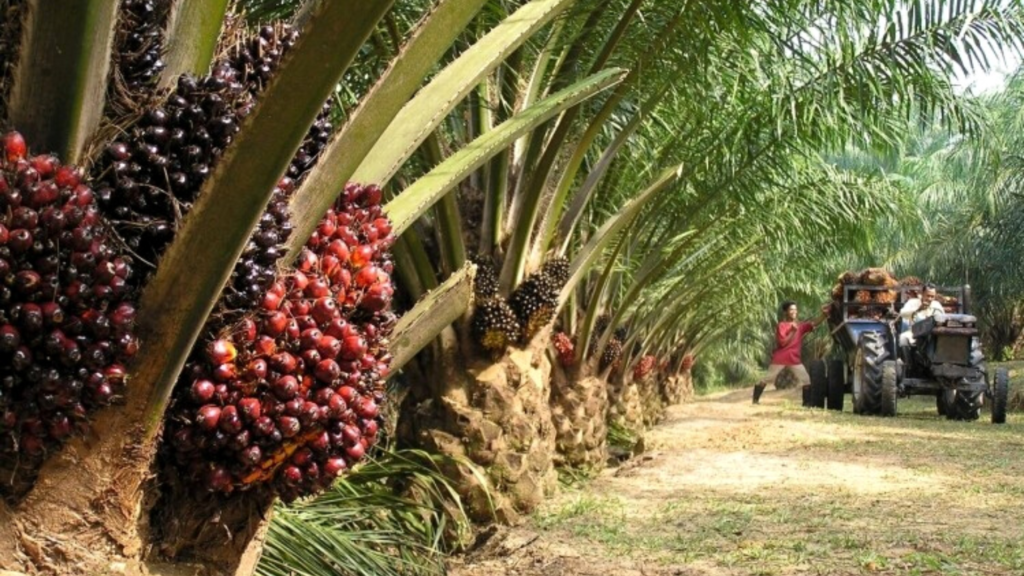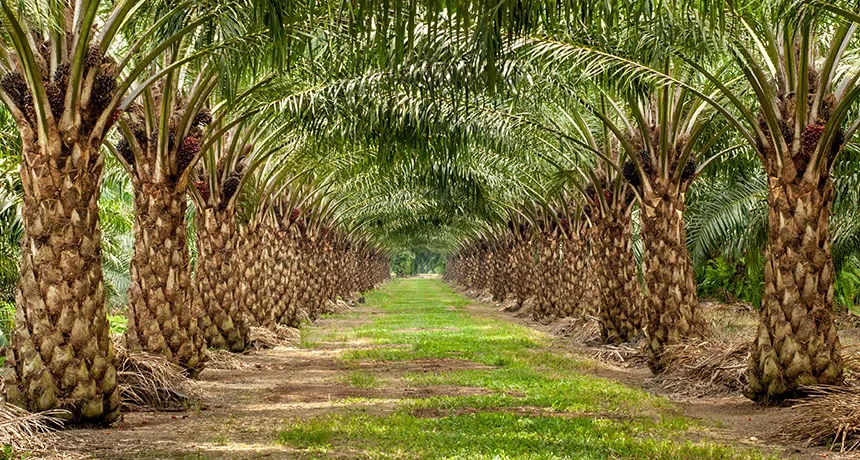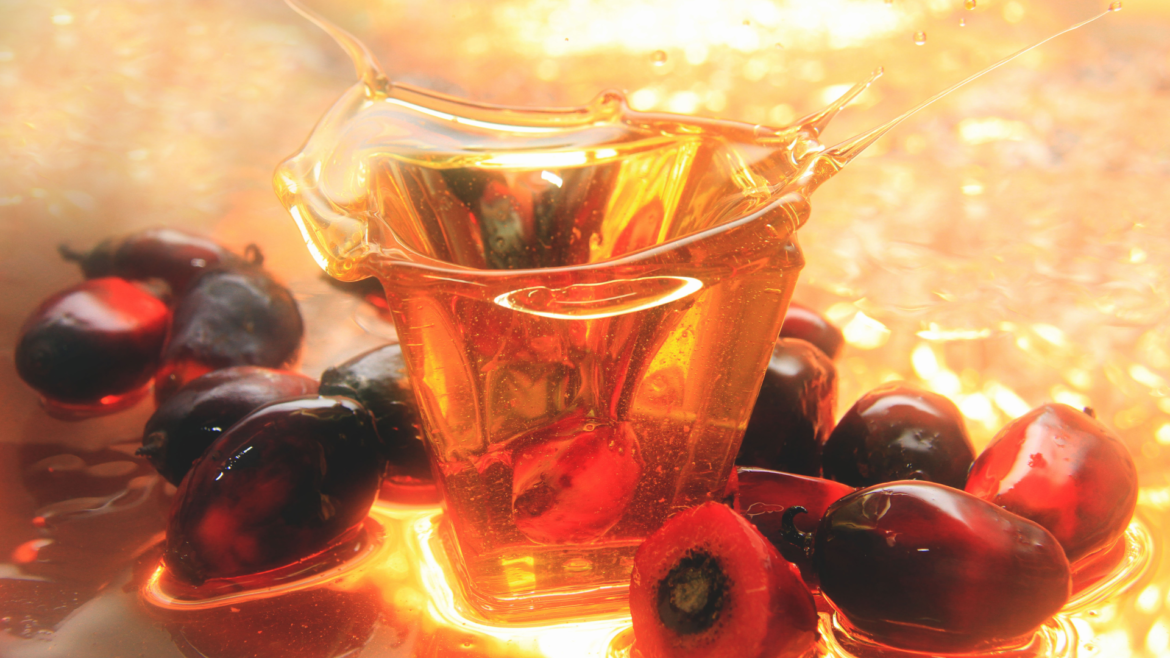Many years ago, in the south of Costa Rica, during my first trip to the country, I saw pretty, well-symmetrical palm plantations. I ventured into them (yes, I walked through the rows) because visually I found it appealing to my photographer’s eye.
I noticed reddish fruits nestled among the palm fronds. This piqued my natural curiosity, and I learned that these were palm plantations, producing the famous oil that is currently a topic of environmental protection discussion. Not far from the plantation was also a factory that, on some days, emitted very unpleasant odors. Really disagreeable, yuck!
Digging a little deeper, I found out that many wild forests have been replaced by oil palm plantations. I admit, this makes me sad because the forest is alive, and I respect it. It provides us with a lot of oxygen, food, and is home to a myriad of animals.
Costa Rica is among the top 5 global exporters of bananas, pineapples, melons, and palm oil. Palm oil is the most consumed in the world, far ahead of soy, sunflower, and canola oils.

Its positive aspects:
In its natural state, the color of virgin oil ranges from red to orange and is very rich in antioxidants, carotenes, and vitamin A.
The oil palm is very productive and requires little machinery. It is cost-effective. Its yield per hectare is much higher than other oil-producing plants: while palm oil accounts for 40% of global vegetable oil production, the palm occupies only 7% of cultivated land. Thus, more food for less space.
It hardly rancidifies and is very stable at high temperatures (for frying, for example). It has many of the qualities of butter, but is significantly cheaper.
Its negative aspects:
Oil palm cultivation is one of the main causes of deforestation on the planet!
When refined, it becomes golden, ivory, or white in color. It is highly concentrated in saturated fatty acids, thus bad fats that, when consumed in large quantities, contribute to the risk of cardiovascular diseases due to its saturated fatty acid content and increase the level of bad cholesterol. Therefore, it is harmful to health.
Palm oil is found in most industrial food products; cookies, children’s cereals, bread, instant soups, mayonnaise, tomato sauce, margarine, candies, chips, spreads, cakes, ice cream, chocolate, shampoos, soaps, deodorants, toothpastes, beauty products (like lipstick), and detergents, to name just a few.
What are the solutions?
By halting deforestation by exploiting abandoned agricultural lands and limiting the use of chemicals, we could produce an environmentally friendly and inexpensive vegetable oil. Thus, we could protect the forests of our planet. And, for our health, it is better to consume it in moderation.
As the saying goes: «Moderation much better taste!».

- Les Ticos viennent de célébrer le 200e anniversaire de l’annexion du Guanacaste au Costa Rica
- My Reflection on Death and Love
- Ma réflexion sur la Mort et l’Amour
- Nouvelle série vidéo: des astuces pratiques pour un voyage mémorable
- Immobilier au Costa Rica: savoir bien s’entourer fera toute la différence


